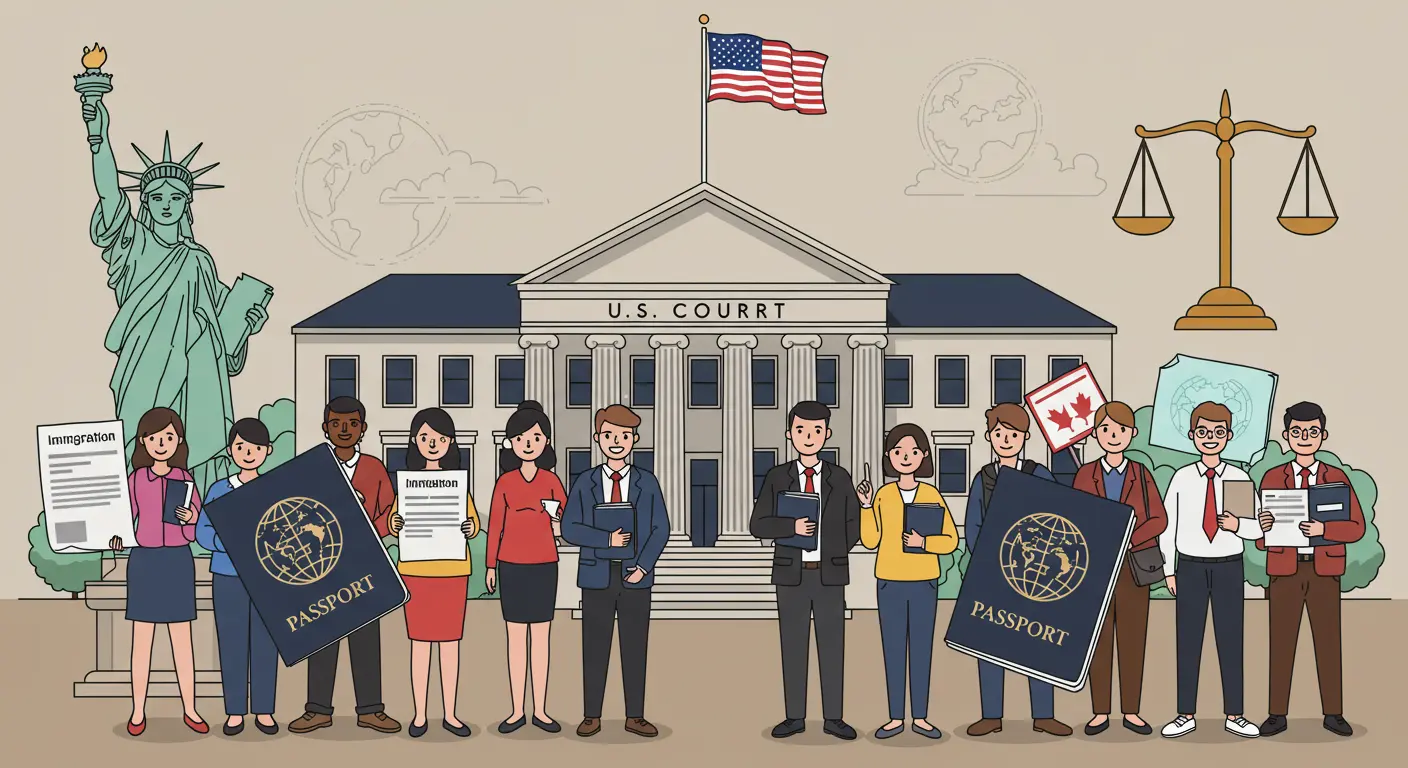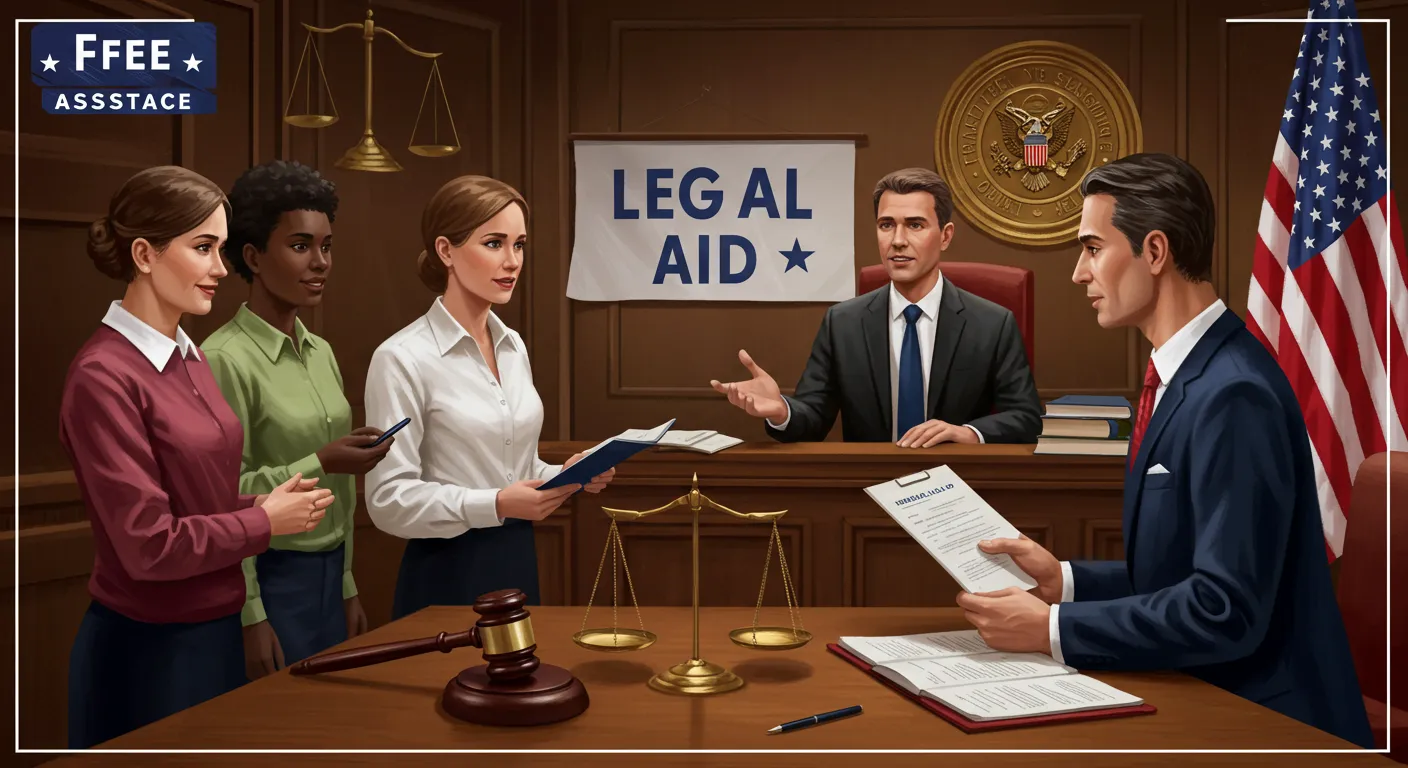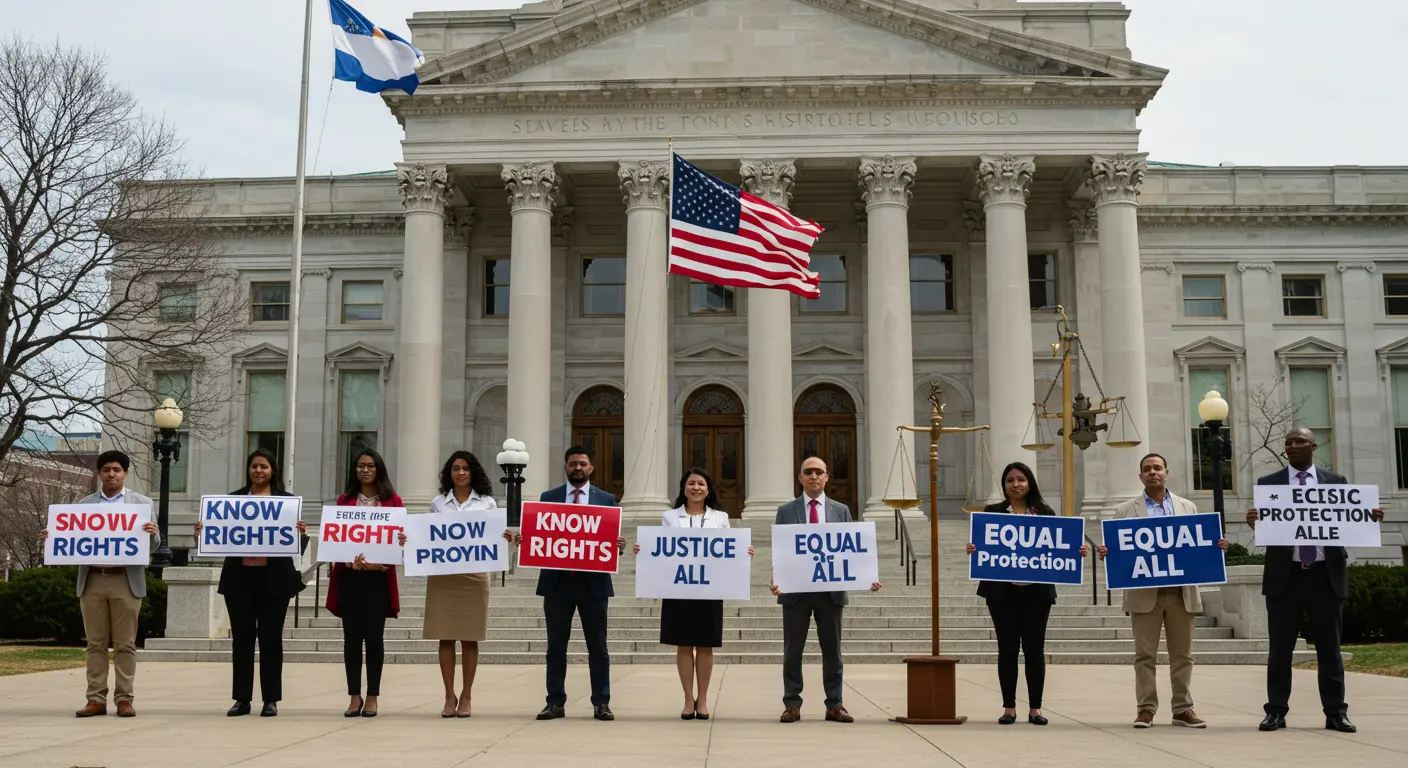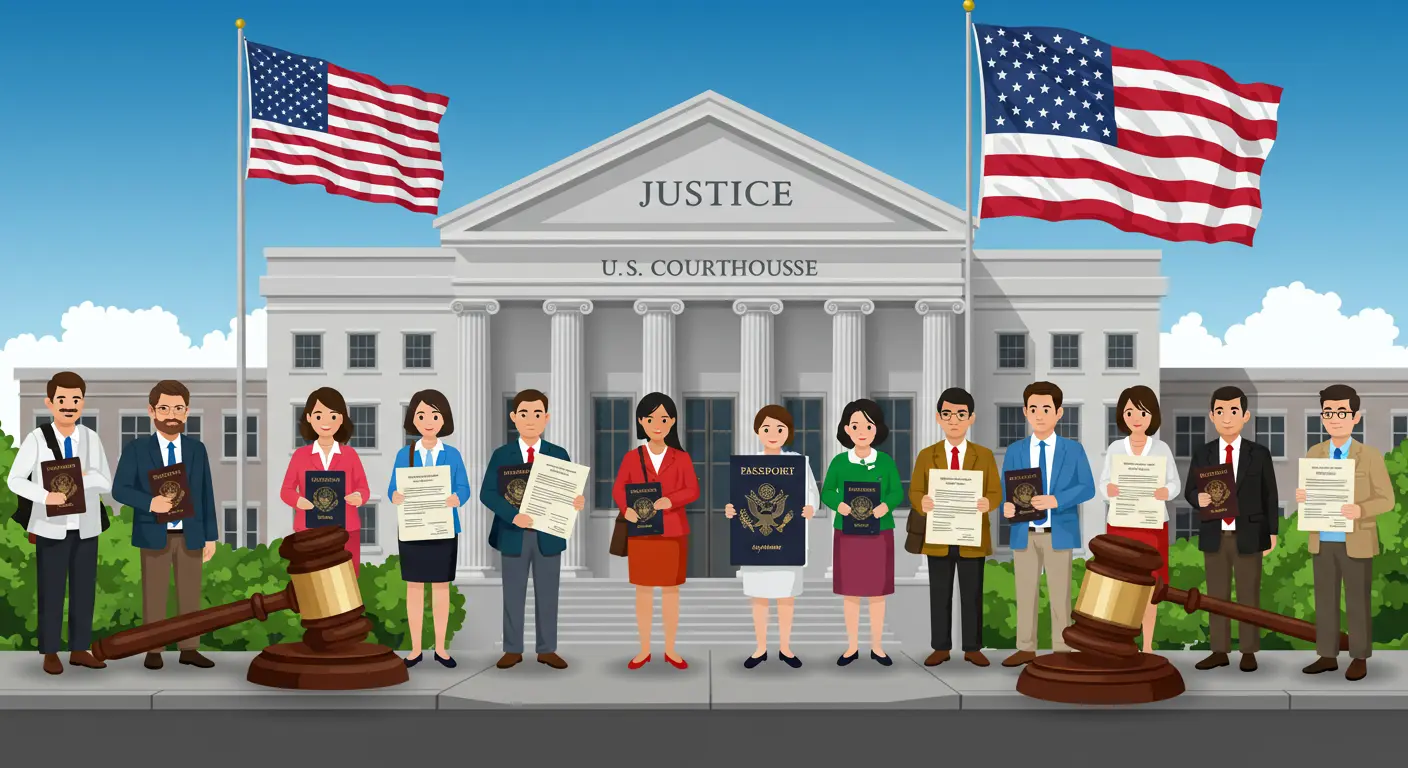Understanding American law for foreigners is crucial for anyone planning to live, work, study, or invest in the United States. The U.S. legal system is based on constitutional, federal, and state laws, and can be overwhelming for non-citizens. This guide will help you understand how American laws apply to foreigners, your rights and responsibilities, and how to navigate the legal system legally and safely.

Why Understanding American Law for Foreigners is Important
The United States is a country governed by the rule of law. Whether you’re a tourist, international student, immigrant, or foreign investor, you are subject to American laws while staying in the country. Violating laws—intentionally or unintentionally—can lead to penalties, visa revocation, or deportation.
That’s why it’s essential to understand your legal rights, how to access legal help, and how American law for foreigners protects and regulates you.
Key Areas Where American Law Affects Foreigners
1. Immigration Law
Immigration is the most important area of American law for foreigners. The U.S. Citizenship and Immigration Services (USCIS) manages all immigration procedures. Whether you’re applying for a visa, green card, or citizenship, it’s vital to follow all procedures correctly.
Key Points:
-
Types of visas: tourist (B1/B2), student (F1), work (H1B), etc.
-
Green card eligibility
-
Asylum and refugee rights
-
Deportation and removal proceedings
2. Criminal Law
Foreigners in the U.S. are subject to criminal laws just like citizens. If a foreign national commits a crime, consequences may include jail time and removal from the U.S.
Examples of offenses:
-
Drunk driving (DUI)
-
Drug possession
-
Theft or assault
-
Immigration fraud
3. Civil Rights and Protections
Foreigners have many of the same rights as U.S. citizens under the Constitution. These include:
-
The right to due process
-
Protection against unlawful search and seizure
-
Freedom of speech and religion
-
The right to a fair trial
These rights make American law for foreigners fair and balanced, though some rights (like voting) are reserved for citizens.
How to Stay Legally Compliant as a Foreigner in the USA
1. Maintain Valid Immigration Status
Always ensure your visa is current and used for its intended purpose. Overstaying or working without authorization can lead to legal problems.
2. Know and Follow State Laws
Each U.S. state has its own laws regarding things like driving, alcohol, marijuana, and business. What’s legal in one state may be illegal in another. Learn the local laws where you live.
3. File Taxes Properly
Even foreigners are required to pay taxes if they earn income in the U.S. The IRS offers resources for international taxpayers.
4. Avoid Legal Trouble
Some mistakes can lead to deportation, such as:
-
Marrying a citizen just for a green card
-
Committing domestic violence
-
Illegal employment
Legal Resources for Foreigners in America
Many organizations help foreigners understand and deal with American laws:
-
American Immigration Lawyers Association (AILA)
For expert legal help with immigration matters. -
Legal Aid Societies
Offer free or low-cost services for those who can’t afford lawyers. -
Consulates and Embassies
Your country’s consulate can assist with legal support and advice. -
USCIS Website
Official source of information on immigration forms and processes.
Can Foreigners Sue or Be Sued in the U.S.?
Yes. Foreign nationals can bring lawsuits in U.S. courts and can also be sued. For example, a tourist injured in a hotel accident can sue the hotel. Similarly, a foreign business can face legal action in U.S. courts if it violates contracts or consumer laws.
Common Misconceptions about American Law for Foreigners
| Misconception | Reality |
|---|---|
| Foreigners have no rights in the U.S. | Foreigners have many constitutional rights. |
| All crimes lead to deportation | Only serious or repeated crimes do. |
| Tourist visa holders can work in the U.S. | That’s illegal and may lead to removal. |
| You don’t need to file taxes if you’re not a citizen | Foreigners earning income in the U.S. must file taxes. |
Tips to Navigate American Law as a Foreigner
-
Keep copies of your immigration documents.
-
Carry identification at all times.
-
Know emergency contact numbers.
-
Consult an immigration lawyer for any visa or green card questions.
-
Respect local customs and laws to avoid accidental violations.
SEO Focus Keywords Used
-
American law for foreigners
-
U.S. immigration laws
-
rights of foreigners in America
-
legal help for foreigners in the U.S.
-
American legal system for immigrants
-
criminal laws for foreigners in the U.S.
-
can foreigners sue in U.S. court
-
U.S. visa rules 2025
FAQs about American Law for Foreigners
Q1: Do foreigners have constitutional rights in the U.S.?
Yes. Foreigners are protected by many rights under the U.S. Constitution, such as freedom of speech, due process, and protection from unlawful search.
Q2: Can a foreigner get a public defender in criminal cases?
Yes. If you’re charged with a crime and can’t afford a lawyer, the court will appoint a public defender, even for non-citizens.
Q3: Can I work in the U.S. on a tourist visa?
No. Working on a tourist visa is illegal and can result in deportation and a permanent ban.
Q4: What happens if a foreigner commits a crime in the U.S.?
They can be arrested, jailed, and possibly deported, depending on the crime’s severity.
Q5: Can I marry a U.S. citizen and get legal status?
Yes, but the marriage must be genuine. Fraudulent marriages can lead to criminal charges and deportation.
Q6: Can I start a business in the U.S. as a foreigner?
Yes, but you must follow federal and state business laws and have the correct visa or permit.
Conclusion
Understanding American law for foreigners is essential for anyone living or traveling in the U.S. It helps ensure your rights are protected and that you comply with local, state, and federal laws. Whether you’re seeking opportunities or simply visiting, being informed is the first step toward a safe and successful experience in the United States.



